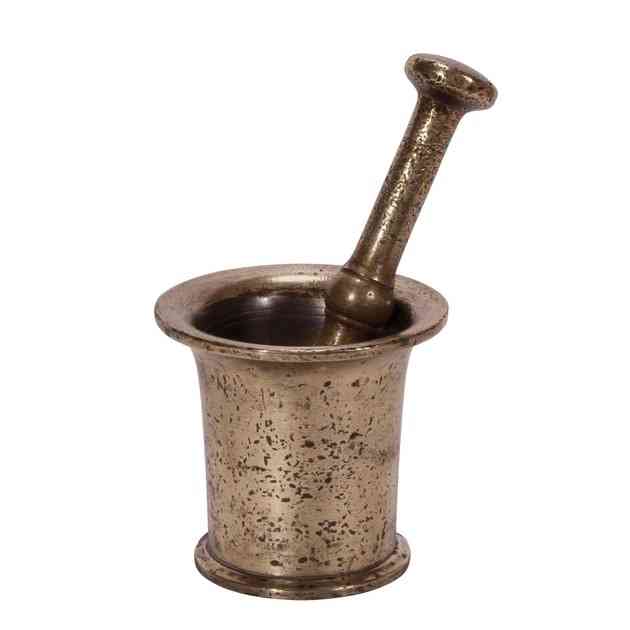The Best Vitamins for Bad Knees

You may not realize how important your knees are to your everyday life until you start to have problems with them. You may have to seek out a variety of remedies to deal with knee pain due to an injury or an illness such as arthritis. Certain vitamins may promote knee health and offer some relief, but they may not cure your problem. Consult your doctor to discuss vitamins, diet and your knee problems to help you find the best solution.
 Get your vitamin D from fortified milk. (Image: George Doyle/Stockbyte/Getty Images)
Get your vitamin D from fortified milk. (Image: George Doyle/Stockbyte/Getty Images)Vitamin D
Making sure you get enough vitamin D in your diet is important for knee health. Vitamin D plays an important role in bone health by helping you absorb calcium and promoting bone growth and remodeling. Healthy bones are important for healthy knees. Additionally, a 2014 study published in Redox Biology found an association between vitamin D deficiency and the development of knee osteoarthritis.
While your body can manufacture its own vitamin D through sun exposure, the Office of Dietary Supplements suggests limiting sun time due to skin cancer risk. Adding vitamin D-rich foods to your daily intake may help prevent a deficiency and promote knee health. Good food sources include fortified milk and yogurt, fatty fish such as salmon and tuna, and egg yolks.
Vitamin C
Vitamin C is essential for the production of collagen, which is a support protein found in the tendons of your knees. Also, higher intakes of vitamin C in the diet are associated with a reduction in bone size and fewer bone marrow lesions, and this may decrease risk of knee osteoarthritis. You can get more vitamin C in your diet to promote knee health by eating more fruits and vegetables such as green and red peppers, broccoli, spinach, tomatoes, potatoes, oranges, strawberries, kiwifruit and grapefruit.
Folic Acid With Methotrexate
If your knee problems are due to rheumatoid arthritis and you're taking methotrexate, you may need to add a folic acid supplement to your daily routine. While the medication is effective at treating the arthritis and the knee pain that may accompany it, it also depletes the body of folate. Consult your doctor to discuss dosage before adding the supplement.
Don't Overdo It
While these vitamins are essential to your overall health and may help reduce your knee problems, getting them in high doses may cause more harm than good, reports the Arthritis Foundation. For example, excessive vitamin D intake may cause high blood levels of calcium, which can lead to calcification of your tissues and blood vessels. Although vitamin C is a water-soluble vitamin and not likely to cause a toxicity, taking too much may lead to gastrointestinal problems such as diarrhea, nausea or stomach pain.




